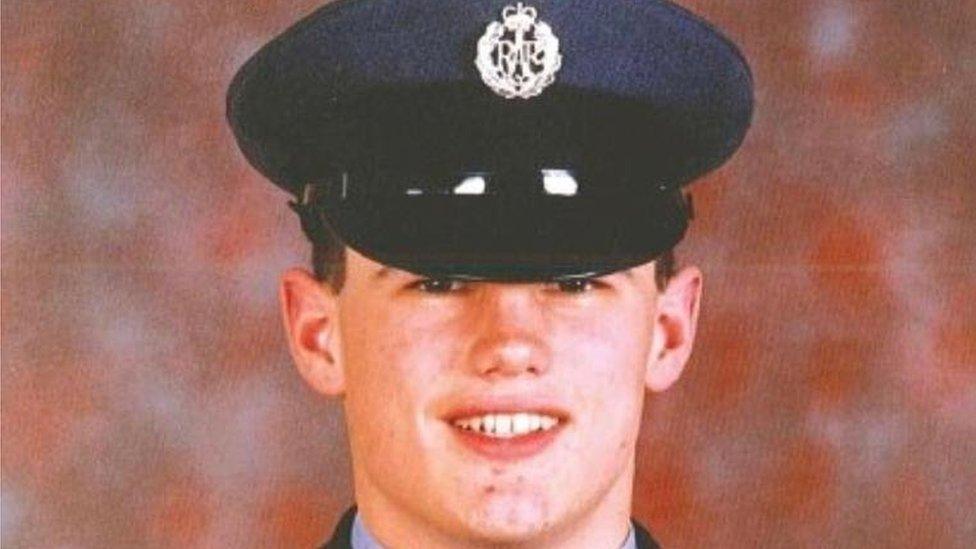LGBT memorial 'means the world' to army veteran
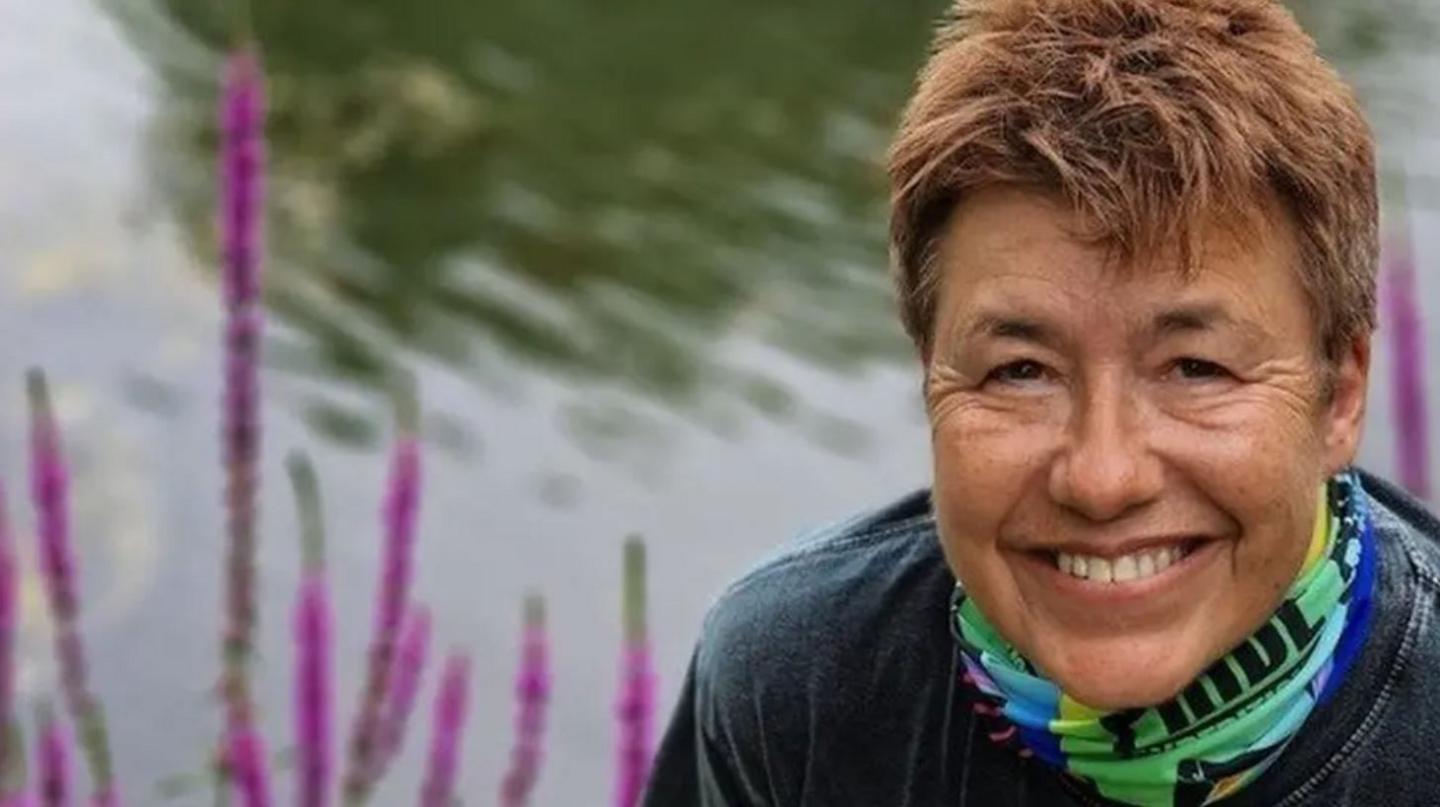
Jean Macdonald said the memorial was a 'recognition that we are no longer invisible'
- Published
A woman who was thrown out of the British army for being gay has said a memorial to lesbian, gay, bisexual and transgender military personnel "means the world" to her.
The metal sculpture at the National Memorial Arboretum in Staffordshire, was unveiled by the King last week.
It followed decades of campaigning to allow gay service personnel in the armed forces and Jean Macdonald from Craven Arms in Shropshire said the memorial gave "hope for a future now that we have this inclusivity in the armed forces".
Her sister, Jo, who is also gay, chose to leave the armed forces after Jean was forced out and she said the unveiling had been a "momentous historic moment for everybody".
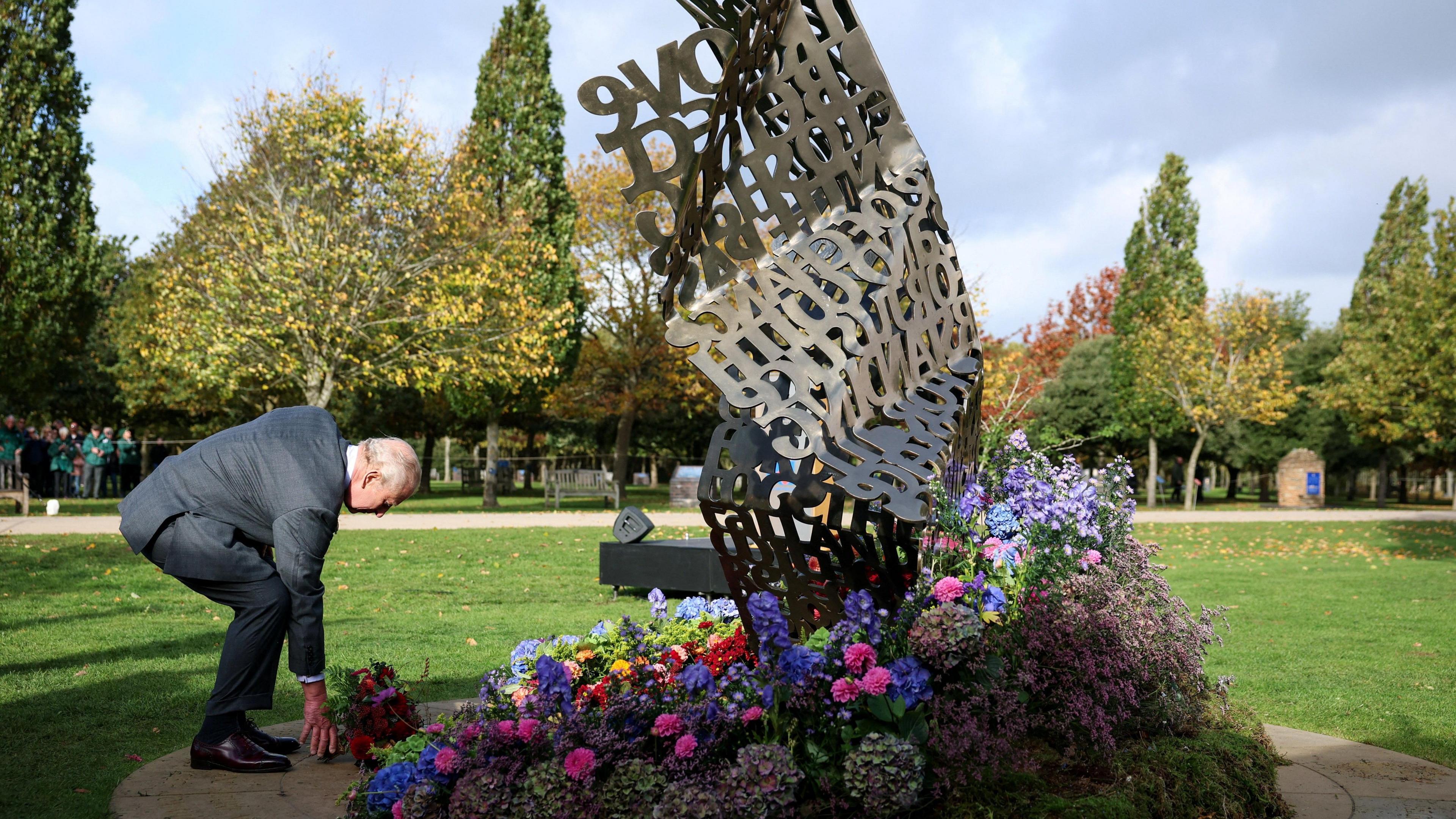
The sculpture, named "an opened letter", contains words from personal letters which were used as evidence to incriminate people
During the ban, which lasted until the year 2000, those who were gay - or were perceived to be - faced intrusive investigations, dismissal and in some cases imprisonment.
Jean Macdonald was a lance corporal in the Women's Royal Army Corps when she was dismissed in 1981 and recalled her room being ransacked by the Specialist Intelligence Branch.
"They took my pyjamas, they said they were men's, they took letters, photographs, it was almost like you had lesbian written on your forehead," she said.
The memorial at Alrewas takes the form of a crumpled letter and Jean Macdonald said: "The words that were used to condemn us are now etched in bronze to honour us."
She and her sister were invited to the unveiling and she said it was a "recognition that we are no longer invisible".
It also sent a message that "just because you love someone in the same sex you shouldn't be condemned in that way".
Her sister Jo Macdonald said: "The inclusion of LGBT back into the military is such a personal thing for so many people."
She praised the designers and and said the memorial "brings immense pride" and it also "ensures that history is not forgotten and the public can see what happened and that history is not repeated".
Get in touch
Tell us which stories we should cover in Shropshire
Follow BBC Shropshire on BBC Sounds, Facebook, external, X, external and Instagram, external.
- Published27 October
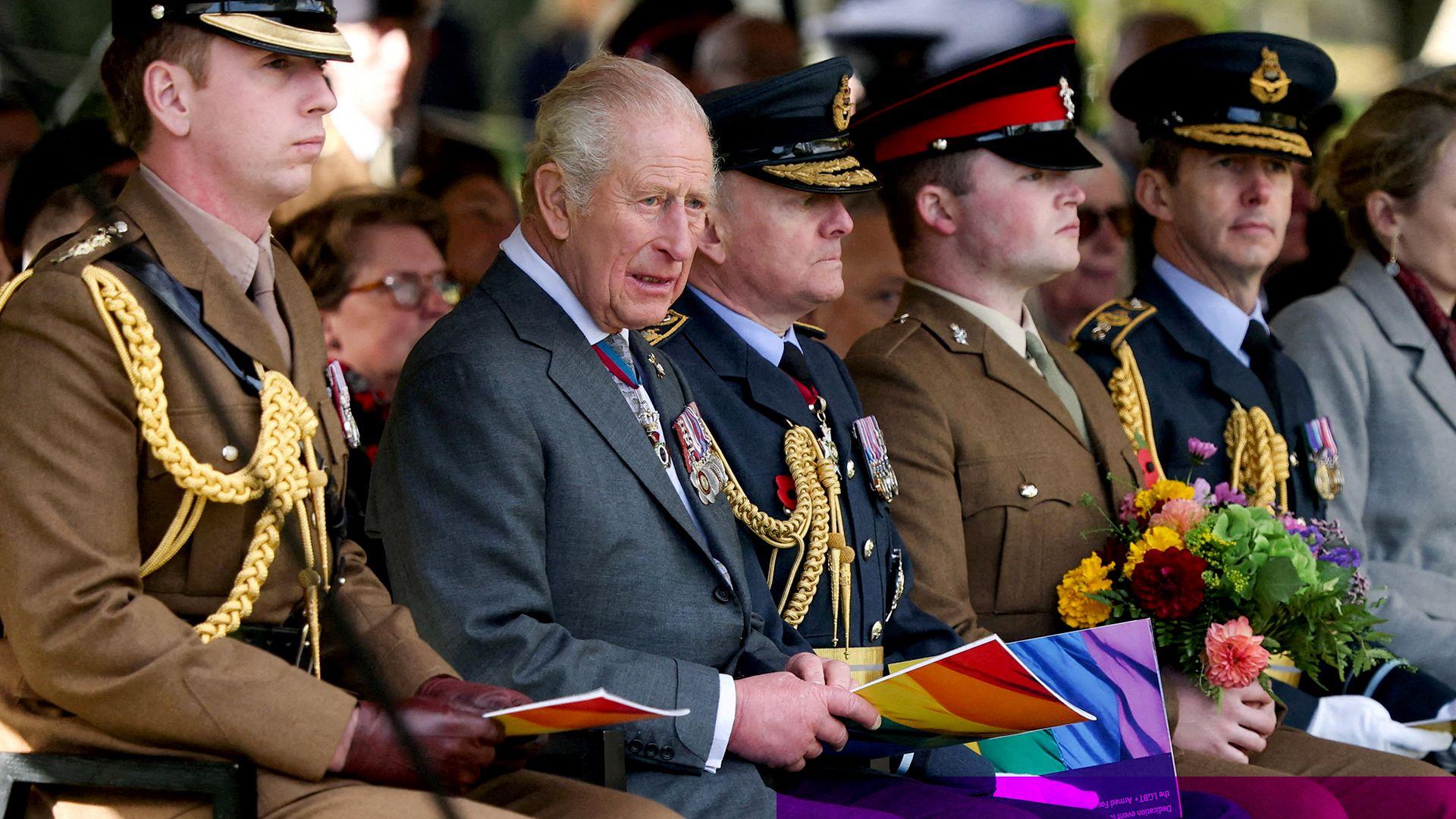
- Published19 January 2022
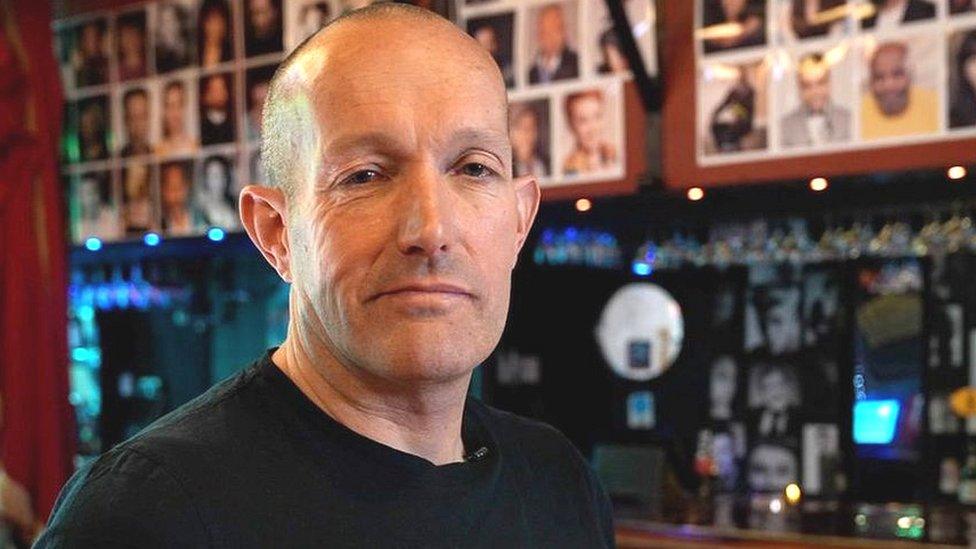
- Published19 January 2022
